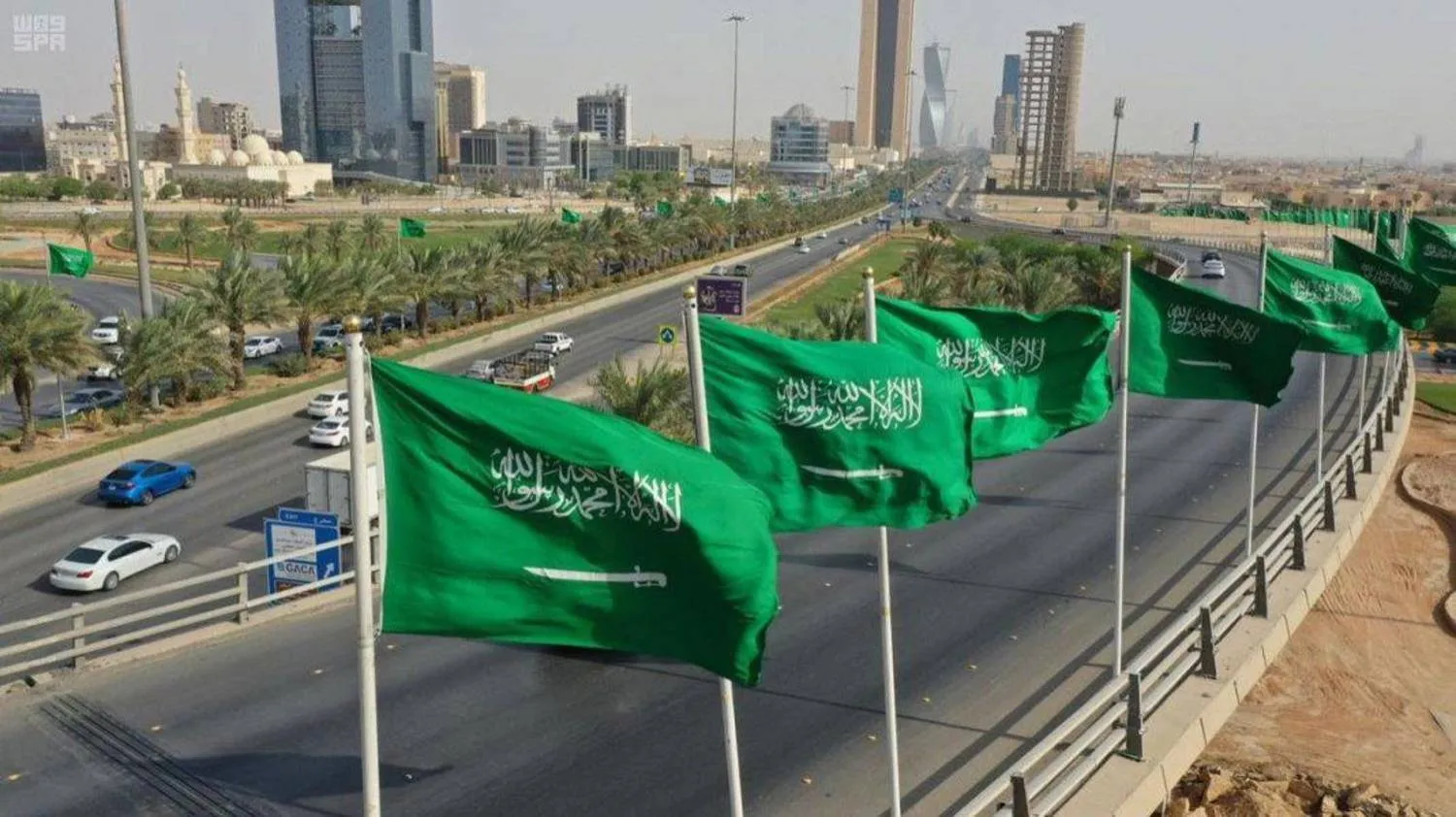The Saudi Central Bank (SAMA) has announced that the Kingdom’s economy experienced growth in 2022, despite global economic challenges. SAMA emphasized the significant contribution of the financial system in supporting this growth, with continued strength in asset and bank credit growth throughout the year.
According to a report by SAMA, the Saudi banking sector continues to maintain healthy capital levels, while liquidity ratios remain higher than regulatory requirements.
Regarding non-banking financial institutions, the report highlighted their strong performance.
Total premiums subscribed by insurance companies saw a rebound alongside non-oil sector growth. Additionally, finance companies recorded an increase in total assets.
SAMA Governor Ayman Al-Sayari stated that the Kingdom’s economy demonstrated strong performance in terms of gross domestic product and employment rates.
He emphasized that the financial system played a significant role in supporting this robust economic performance.
“Banks, insurance companies, finance companies, and payment service providers supervised by the central bank have worked towards expanding the scope of financial services to encompass all borrowers from various sectors of the private sector and individuals,” said Al-Sayari.
In the report, Al-Sayari pointed out that banks have expanded their lending activities to meet the ongoing demand for mortgage loans.
He emphasized that risk outcomes remained moderate throughout the year, reflecting the strength of the local economy.
Al-Sayari further emphasized the significant importance placed on the robustness of the banking system, given its crucial role in the economy.
Furthermore, the governor pledged the continued support of the central bank in fostering innovation in the financial sector, citing the deliberate increase in the number of financial technology companies operating in the Kingdom.
He added that the precautionary measures implemented by the central bank, including the legislative sandbox environment, aim to protect customers' interests and ensure the resilience of the financial sector while enabling innovation that serves both households and non-financial companies.









